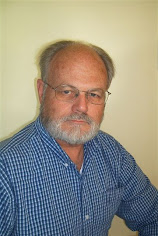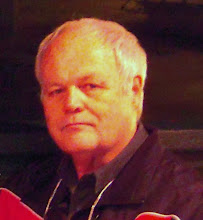When a plant embarks on a new program, expectations of immediate payback are often too high. Some managers seem to believe there is a magic switch they can turn on that will solve all their problems — there is no such switch.
Changing the way you do maintenance in a plant is one of the greatest cultural changes an organization can undergo. The work force has usually seen programs come and go with no lasting change. There is no reason for them to expect anything different this time. It will take time and unwavering focus to overcome the cynicism and distrust built up by past programs.
The workforce must come to trust the program and understand that it is designed to improve the machinery, not act as a timekeeping system. A maintenance program used as a hammer held over the crafts heads will never reach its full potential.
The Program Life Cycle
A successful PM program usually goes through four phases. First, there is the initial Installation phase, when information is collected and basic procedures are developed. Following a kick-off training session, the Stabilization phase starts. During this period, the emphasis is on learning to use the system correctly and developing the habit of reporting.
As use of the system becomes routine, the Fine Tuning phase starts. The emphasis shifts to finding and removing weaknesses in the system. The quality of the reporting receives much attention.
Once good history is being collected and the daily and weekly routines have become habit, an ongoing Systematic Improvement phase starts. During the Systematic Improvement phase, maintenance reduction programs are put in place. In these history is used to identify areas where the program can be improved. These processes identify and correct problems with the machinery, training and logistic support. These improvements increase reliability and availability and reduce costs, leading to increased production and lowered operating expenses.
Check back next week and we'll talk about what needs to happen before the change.
Check back next week and we'll talk about what needs to happen before the change.


No comments:
Post a Comment